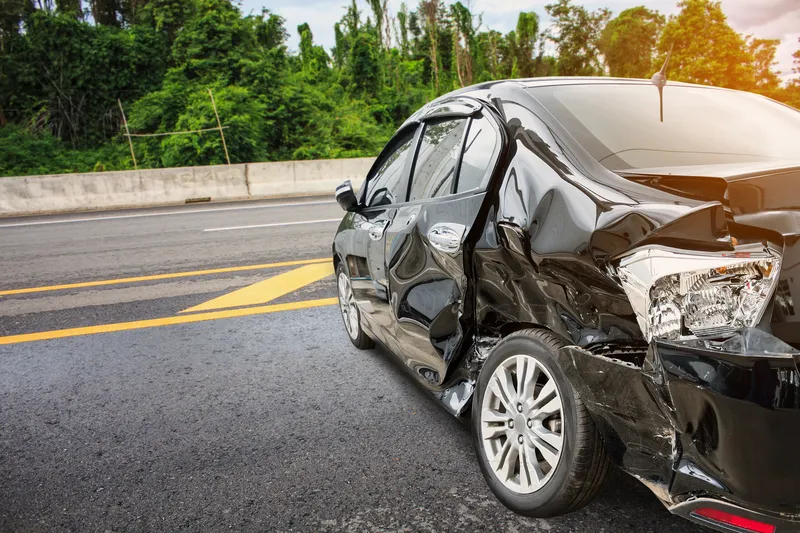As the 2016 ITS World Congress was opening its doors, hacking trio Hong Yew, Ram Kanagaratnam and Kyle Mantesso of team Geolicious were collecting the AU$10,000 first prize in the ITS 2016 Mastercard Smart Cities Hackathon.
the first ITS Smart City Hack was designed to encourage collaboration and innovative thinking and was the largest event of its kind in Australia. Total prize money of AU$20,000 enticed 16 teams of Australia’s most talented developers, designers and entrepreneurs to enter the two-day e
October 10, 2016
Read time: 2 mins

As the 2016 ITS World Congress was opening its doors, hacking trio Hong Yew, Ram Kanagaratnam and Kyle Mantesso of team Geolicious were collecting the AU$10,000 first prize in the ITS 2016 1756 Mastercard Smart Cities Hackathon.
the first ITS Smart City Hack was designed to encourage collaboration and innovative thinking and was the largest event of its kind in Australia. Total prize money of AU$20,000 enticed 16 teams of Australia’s most talented developers, designers and entrepreneurs to enter the two-day event aimed at creating a new wave of smart city services and solutions.
With application program interfaces (APIs) and support from Mastercard, ITS Australia, City of Melbourne, VicRoads, Intelematics, Data.Vic, Public Transport Victoria, RMIT and RACV, the first ITS Smart City Hack proved a great way to encourage collaboration and innovative thinking.
The challenge set before the teams was to match the data being collected to the transportation being used, with the aim of improving consumer experience, reducing congestion and making navigation seamless for both individuals and goods. Geolicious’ solution was a dynamic road pricing system designed to reduce congestion.
Team Transpoint won the Green Challenge with its public transport loyalty and incentive scheme while Priority Lane topped the Demand Management section and the Future Challenge was won by City Mike’s bike sharing solution.
the first ITS Smart City Hack was designed to encourage collaboration and innovative thinking and was the largest event of its kind in Australia. Total prize money of AU$20,000 enticed 16 teams of Australia’s most talented developers, designers and entrepreneurs to enter the two-day event aimed at creating a new wave of smart city services and solutions.
With application program interfaces (APIs) and support from Mastercard, ITS Australia, City of Melbourne, VicRoads, Intelematics, Data.Vic, Public Transport Victoria, RMIT and RACV, the first ITS Smart City Hack proved a great way to encourage collaboration and innovative thinking.
The challenge set before the teams was to match the data being collected to the transportation being used, with the aim of improving consumer experience, reducing congestion and making navigation seamless for both individuals and goods. Geolicious’ solution was a dynamic road pricing system designed to reduce congestion.
Team Transpoint won the Green Challenge with its public transport loyalty and incentive scheme while Priority Lane topped the Demand Management section and the Future Challenge was won by City Mike’s bike sharing solution.









